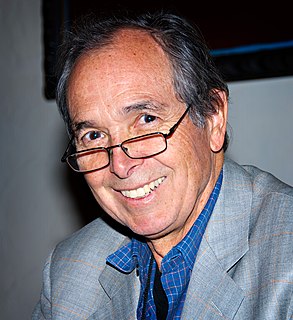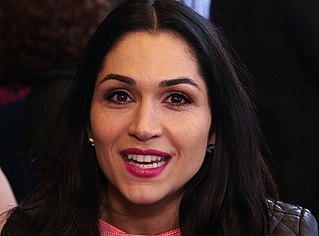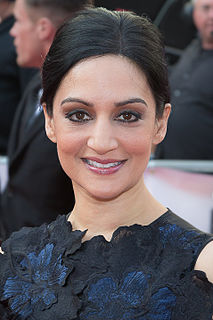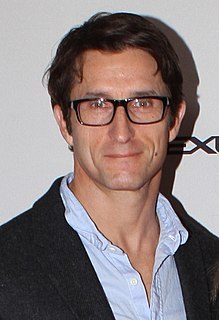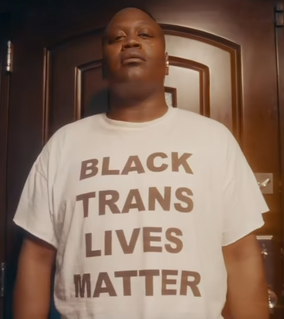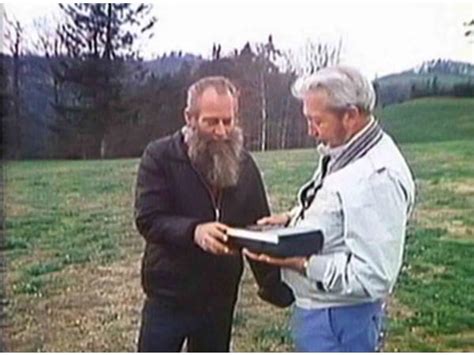A Quote by Jay Roach
It's hard to imagine in this day and age the accent in Dalton Trumbo speaking voice, the Mid Atlantic mixture of an English and American dialect, so flowery and oratorical that it almost sounds theatrical. It would be uncool today, no one would ever speak that way.
Related Quotes
I didn't want to be on screen not nailing an American accent. It's an insult to an American! There are plenty of great American actors who can already do an American accent, so me, coming in and stealing their roles, the one thing I have to perfect is the accent. So for years I practiced. And we're lucky because the whole world is raised on a library of American movies. I would pretend to be Jim Carrey, and, I say Robin Williams now because he's in my mind, but those actors really inspired us to be crazy and be theatrical.
Acting for me was hard enough without having to think of the accent. And also, when I was auditioning for stuff I would walk into the room with an Australian accent, and I would do the audition in an American accent, and they would invariably say, 'Yeah, it's that good, but I can still hear the oddity coming through.'
When you hear somebody speaking in an accent, it's almost like they're invading your language while they're speaking to you because if you hear someone speak another language, you almost don't care. But when they speak your language with an accent, it feels like an invasion of something that belongs to you. And, immediately, we change.
There's a bit of a difference in the way he sounds. Samuel E. Wright lent his voice and personality to the animated film with his booming voice. I have a high-tenor voice. Instead, I have to figure out a way to convince the audience to come along with me and accept this new texture and tambour to the way Sebastian sounds. I have a great dialect coach.
How would you like your child in kindergarten through 12th grade attending classes with kids who can't read, write, speak or understand English -- or American education values? Furthermore, how would you feel if those students felt zero investment in education, in English and the American way? How would you like your child's education dumbed down to that of a classroom from the Third World? Guess what? Today, if you're a parent of a child in thousands of classrooms across America, that's what's happening to your children with your tax dollars.

